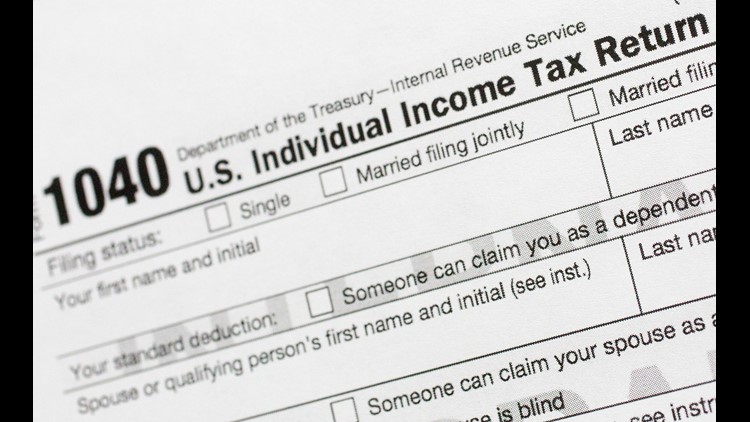Tax filing season is underway. The IRS is now accepting returns. As with most years, the deadline is April 15. Many of us will have to pay something to Uncle Sam, but many of us will also enjoy some money coming back.
If you’re one of the latter, here’s what you need to know as you anticipate a payday from the federal government.
If you e-file, you can expect to get your refund back in about 21 days on average. If you mail it in, expect it to take six weeks or more.
Your refund will also get back to you faster if you direct deposit it into a bank account.
If you’ve sent in your return and want to check on the status of your refund, you can check on it at this link. Here is what you will need:
- Your social security number or Individual Taxpayer Identification Number on your tax return
- Your filing status (single, married, etc)
- Your exact refund amount
You can also download the IRS2Go app to check on your refund.
The IRS says anyone claiming the Earned Income Tax Credit or the Additional Child Tax Credit may experience a refund hold. Expect those refunds to be distributed starting the first week of March.
If it’s been more than 28 days since the IRS mailed your refund, the check may have been lost. You can file an online claim for a replacement check using the IRS’s “Where’s My Refund?” page.
Remember: Any errors can delay your refund, so triple-check your numbers. Tax preparation software like TurboTax and H&R Block will search your return for errors and check for your risk of audit before you file.
Do not forget to sign your return if you are mailing it in. If you forget, you may have to wait for the IRS to mail it back so you can sign it, then you’ll have to start the clock all over again.
Filing early is also a good idea because of scammers and hackers. If they get your social security number, they can file a return in your name and steal your money. The IRS won’t accept multiple returns using the same social security number.
Never give out your social security number to anyone, especially if they call you or email you asking for it or threatening you to give it up. The IRS will never contact you out of the blue to ask you for your social security number.
Latest headlines:



